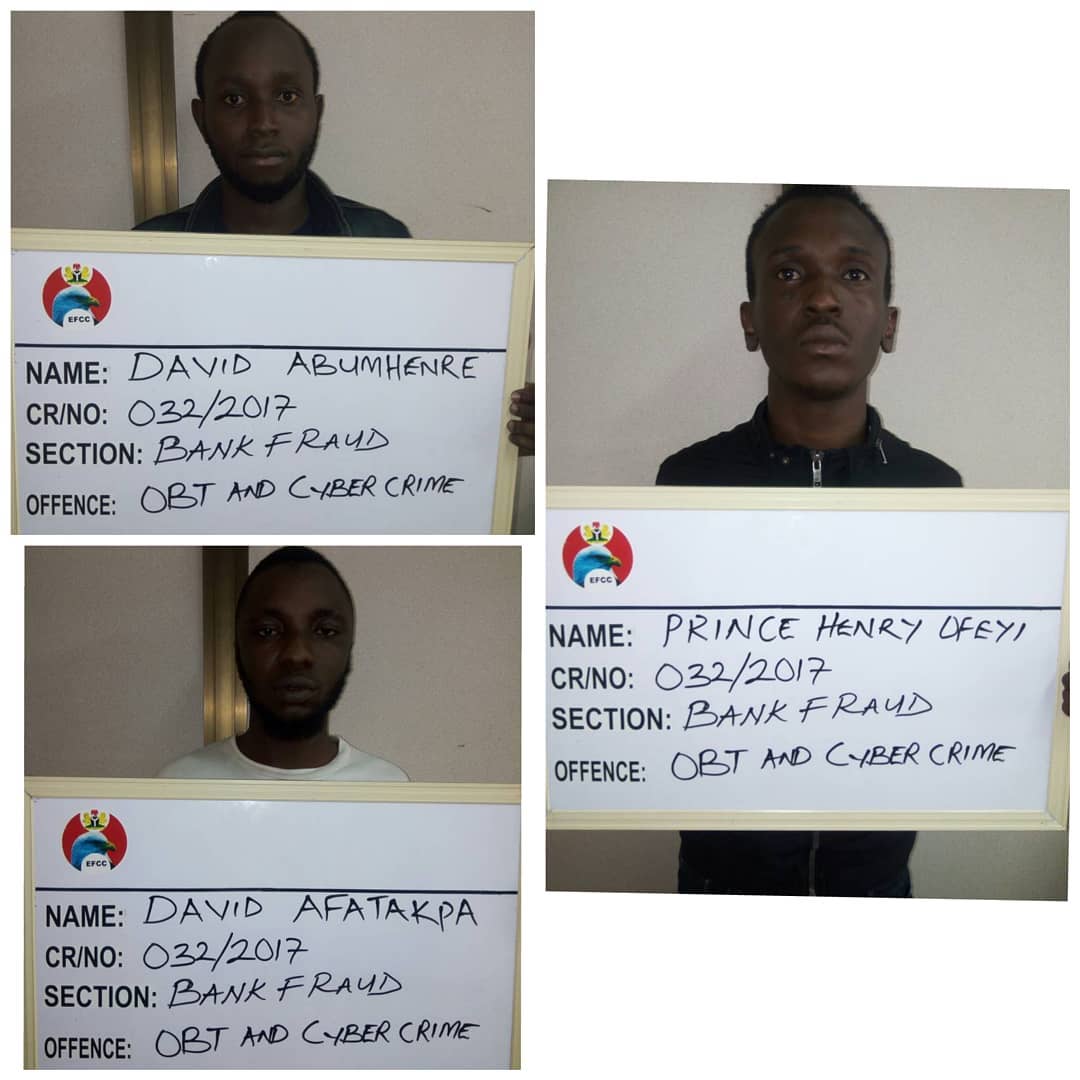With daily reports of unauthorized withdrawals from individual/corporate accounts, it therefore becomes imperative for account holders to be extra careful in handling their accounts to avoid being defrauded especially as recession bites harder in the country.
Fortunately enough, guarding your account from fraudsters requires a minimal time investment and a little technical-know-how.
TheNewsGuru.com brings you 20 easy ways to secure your bank accounts and avoid identity theft.
1.Check your account activity regularly: This may be the single most effective strategy you can employ to secure your finances. Balancing a checkbook is advised, though the technique is becoming outdated with the advent of online banking. At the very least, you should log in and view your account activity multiple times every week to make sure there are no unexpected transactions. Report any discrepancies to your financial institution immediately.
2. Keep your PIN and passwords secret: These are the keys to your money. Guard them with vigilance. Do not give them out to anyone, and never write them down on paper, in an email or in a text message. These can all be easily intercepted.
3. Use a strong password for online banking: Do not use your birthday, your spouse’s name, your kid’s name, your address or anything so painfully obvious. Always use a capital letter or two along with a few numbers. An example of a bad password would be Femi or Ronke. An example of a good password would be 23CompuDocu78. And please, never set the word “password” as your password.
4. Change passwords periodically: Get a new password every few months or so. That way, if you’ve had to give someone else your password or for some reason made a physical record of it, you will reset your chances of being hacked.
5. Do not give out account info over the phone: Your bank will not call requesting your account numbers, PINs or passwords. They already have this information. You should be automatically suspicious of unexpected calls. If you have any doubts about the caller, hang up and call your bank directly.
6. Do not give out account info through email: Again, your bank will not email you requesting your account numbers, PINs or passwords. Never send this information through email.
7. Don’t click links embedded in emails: It is easy for scammers to rig convincing emails. If you get an email from your bank, don’t click on the links. They could lead you anywhere. Instead, type in the bank’s web address in your browser and navigate from there.
8. Use anti-virus protection software, firewalls and spyware blockers: By acquiring these basic computer protection tools, you significantly reduce your vulnerability to cyber attacks and fraud attempts. Make sure to also keep your computer updated with the most recent security patches.
9. Don’t use public computers for online banking: This is never a good idea. Even if you’re careful to make sure no one sees your screen and you remember to log out completely, an expert scam artist can find ways to record your activity. You should also avoid conducting transactions using public Wi-Fi.
10. Check for secure connections: When visiting your bank’s website or conducting an online transaction, check your browser to verify a secure connection. If the web address starts with “https,” you should have a secure connection.
11. Report lost cards immediately: Act fast and prevent fraud before it can happen. Don’t procrastinate. As soon as you realize your card is missing, call the bank and have them send you a new one.
12. Be aware of your surroundings at ATMs: Keep an eye on the people around you. Make sure no one is standing too close. Use the curved mirror to watch activity behind. It is absolutely imperative you keep your PIN secret and close your transaction completely before walking away from the machine. If there is anything at all suspicious, quit your transaction and walk away immediately.
13. Watch out for skimmers: Skimmers are interesting little devices that can be placed over ATM card slots in order to steal your account information. They can be installed and uninstalled in a matter of seconds. If the card slot looks peculiar, don’t use it.
14. Always take your receipt: At the ATM, wait for your receipt to print and take it with you. Do not toss it in a trashcan. The information could be used to access your accounts.
15. Shred documents and old checks: Anything with account information should be destroyed beyond recognition. You don’t want sensitive documents to end up in the wrong dumpster.
16. Minimize check writing: Checks display a lot of personal information, including your phone number, address, bank, account number and signature. Whenever possible, use a card or pay in cash.
17. Write checks in permanent blue ink: This makes it more difficult for fraudsters to alter the written information.
18. Do not leave blank space on your check: You don’t want to give anyone the opportunity to tack another zero on the end.
19. Make sure checks can’t be seen through envelopes: This is an invitation for fraud. Use security envelopes or place your check between sheets of heavy paper.
20. Use secure mailboxes only: When mailing checks, the mailbox at the end of your driveway can hardly be considered safe. Anyone can come along and snatch your outgoing mail in a matter of seconds. If you’re sending money through the Postal Service, use a secure box or take it to the office directly.
Be smarter than the fraudsters. Do whatever is needed to ensure the safety of your funds.












